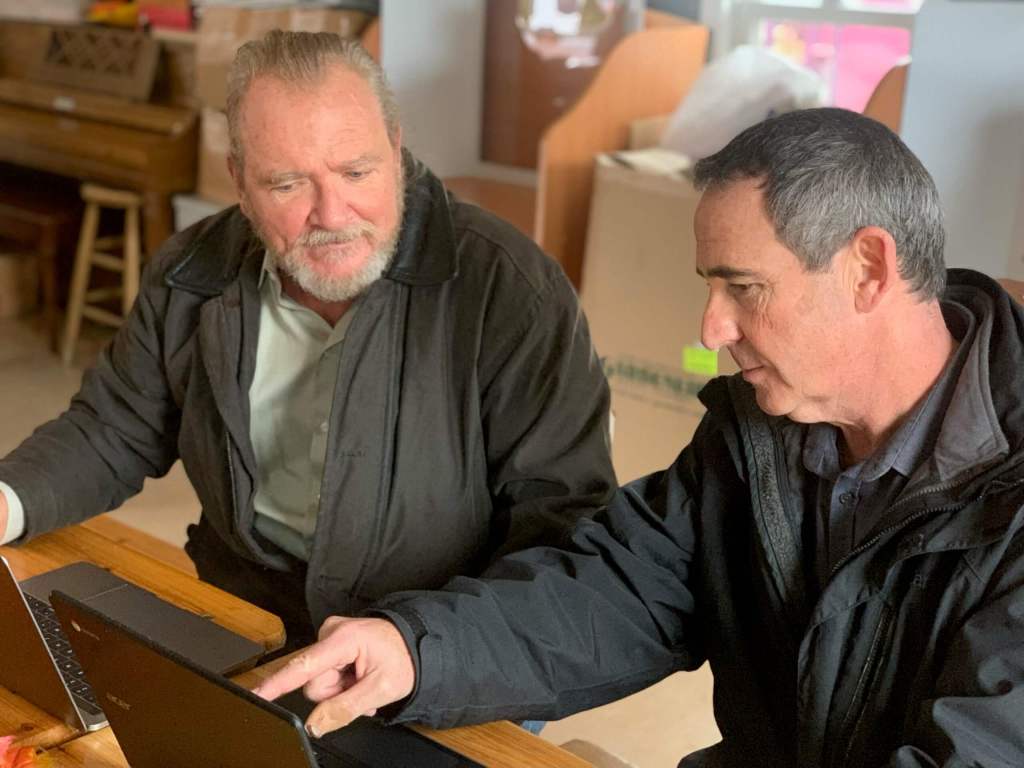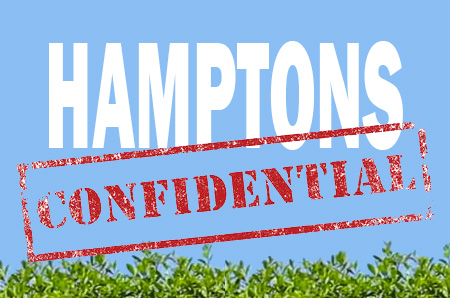Getting a real estate license is just the first step on the path toward becoming a real estate agent. As those in the business know, a license guarantees nothing, least of all the answer to what comes next. Without connections or guidance from an insider, the prospect of seeing a return on one’s investment can turn bleak fast.
For someone already struggling to pay the bills, raise a family or manage a full-time job, it’s not a cheap investment either. Getting licensed can cost several thousand dollars. The course is 75 hours and there are limited in-class options. Add on the cost of insurance, business cards and networking, and even on the East End, where agents can have lucrative careers, and many cannot afford to take the initial gamble.
The Bridgehampton Child Care and Recreational Center is hoping this does not remain the case forever. With the backing of a $100,000 grant it received from the Long Island Racial Equity Donor Collaborative at the Long Island Community Foundation, the center is sponsoring a real estate industry mentorship program in partnership with longtime East End realtor Michael Daly, who leads a team at Douglas Elliman.
The program, which started a few months ago, provides community members of color, and those equally marginalized by economic obstacles, an equitable opportunity to pursue a career in real estate while removing many of the barriers they have experienced in the past. In addition to subsidizing the cost of getting licensed, the program provides ongoing support and guidance to participants as they work their way through the course and prepare to enter the industry.
The course, which is online and can be done at one’s own pace, is offered by the New York Real Estate Institute. So far, four people are enrolled in the program; one has already passed his test.
“Anybody who gets their license knows that there are things you have to do, there are things you have to know (once you get your license),” Bonnie Cannon, the executive director of BHCCRC, explains. “It’s a dog-eat-dog world, and if you don’t have support, you’re not going to make it.”
This is one of the reasons why Daly, who has worked in the industry for over two decades, formed a team at Douglas Elliman several years ago, and why he emphasizes to aspiring realtors the value of being part of a team, especially when starting out.
“Being a solo real estate agent is a very competitive and lonely landscape,” he says. “You walk into a brokerage, they sign you up, they take at least 50% of your income and say, ‘OK, kid, go get ’em,’ and you’re left to figure it out all by yourself.”
This experience has become more common as the number of agents has increased and the number of managers has decreased, Daly says. Some managers oversee as many as 200 agents and cannot readily answer questions or provide guidance.
On a team, not only do new agents receive mentorship from their senior leaders, they are often included on listings as junior partners. “It’s a much more supportive learning environment,” he says. “When you have a listing or a buyer, you can turn to some-
body who is on your team for ideas about how to best proceed.”
Daly is excited about the prospect of “growing the ranks” through the mentorship program, and he hopes to see the wider community benefit from a more diverse agent population.
This is part of why Cannon was receptive to the idea of sponsoring the program. “You can’t tell me realtors (in the Hamptons) are not making money selling real estate. The next question is: How many Black and Brown realtors do you know out in the Hamptons?”
When Daly approached Cannon about the mentorship program, she immediately saw how it might fit into the workforce training initiative Teach Me How to Fish, which she and Lukas Weinstein, the program’s strategy manager, had recently established to better serve a particular segment of the 18-to 45-year-old population.
Providing training in specialized skills that will translate to high-paying salaries in careers that don’t necessarily require a college degree is the mission of Teach Me How to Fish, one that reflects the goal of the Long Island Racial Equity Initiative “to increase upward mobility opportunities and improve the quality of life for Black Long Islanders,” according to its website.
“We have the college prep, we have the one-on-one guidance coach, we have the high school and teen programs, the programs for 5- to 13-year-olds,” Cannon says. “But what about that individual that went to college and came back because it didn’t work out for them, or the ones that didn’t go to college? What alternatives do they have?”
In addition to the real estate program, it offers a four- to six-month software engineering boot camp, as part of a STEM industry track. Eight people have already graduated and two have landed jobs in IT (one at LinkedIn). Teach Me How to Fish plans to offer tracks in both trade and entrepreneurship.
Partnerships with local professionals and businesses, such as the one with Daly and Douglas Elliman, are essential to the success of each track, Weinstein explains. “I’m a big believer in the apprenticeship model. We want to ensure that everyone is getting that experience, that everyone is getting opportunities. We don’t just want them to get their license and (then we) say, ‘OK, you’re done, go out.’”
As for the first graduate of the real estate program, “He’s considering his options, which is great,” Weinstein says. “Our dream is to have our folks considering options.”
Email tvecsey@danspapers.com with further comments, questions or tips. Follow Behind The Hedges on Twitter, Instagram and Facebook.



















